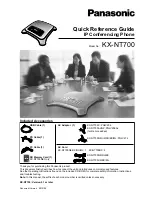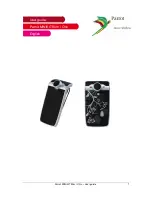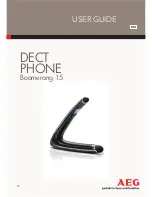
6
chemical plants, or where blasting operations are in progress. Areas with a potentially explosive
atmosphere are often, but not always, clearly marked. These include fueling areas, below deck
on boats, fuel or chemical transfer or storage facilities, and areas where the air contains
chemicals or particles, such as grain, dust, or metal powders.
1.11 Batteries
Any contact of exposing electrodes of batteries with conductor such as jewellery or keys may
cause lost in possessions or bodily injury.
1.12 Electromagnetic radiation
Your phone completely complies with the standards of radio wave radiation enacted by the
authority institute of the country and International Health Association. These limited standards
are parts of the comprehensive rules and constitute public radio wave radiation permission
standards. These standards are developed and formed by independent scientific organizations,
such as ICNIRP (International Commission on Non-ionizing Radiation Protection) after
experienced a long-term intensive scientific research. These limited standards contain a large
safety surplus to secure the safety of all people, without any limitations on ages and health
conditions. These standards consider the variable factors under various measurement
conditions.
1.13 Other precautions
The phone comprises of precise electronic circuits, magnets and battery system, which should
be handled carefully. Please pay attention to the following aspects:
z
The phone is not water-proof. Please keep the phone dried.
z
Please do not place the phone in such an environment, where the temperature is
excessively high or low.
z
Please do not place the phone close to the flame or a burning cigarette.
z
Please do not scrawl on the phone.
z
Please do not let the phone falling off.
z
Please keeps the phone away from the computer magnetic disks, credit cards, traveling







































